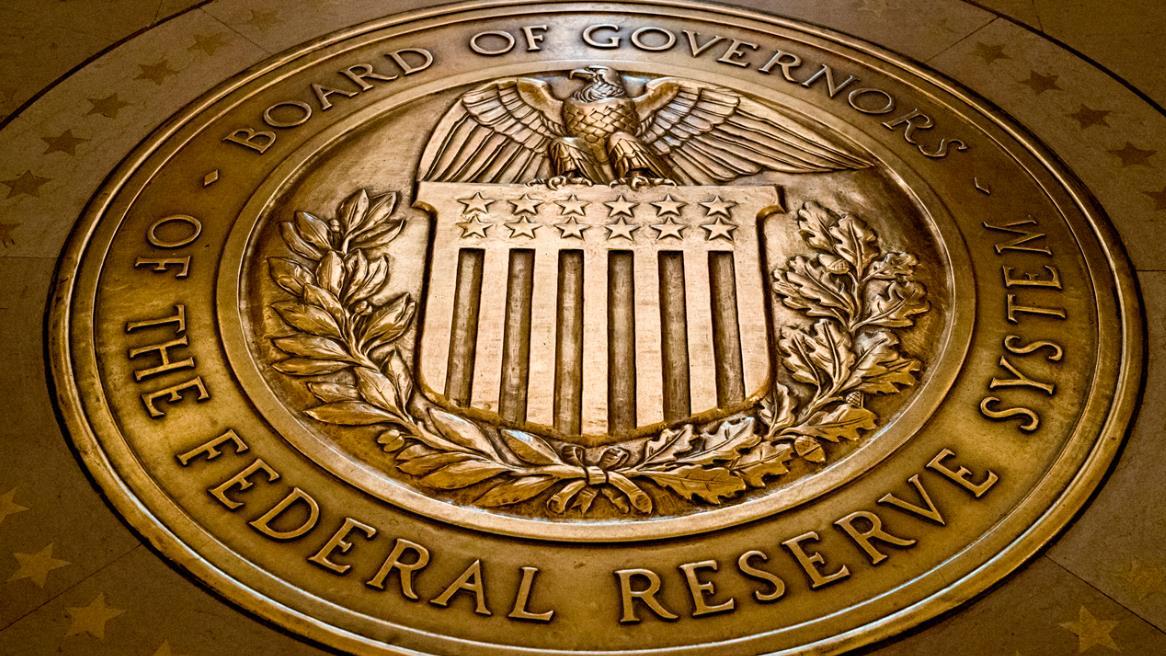US unemployment reaches lowest since 1969 despite slowing job growth
Unemployment dropped to a 50-year low in September, even as job growth remained sluggish, with businesses adding just 136,000 workers.
While the jobless rate fell by 0.2 percentage point to 3.5 percent, the lowest rate since 1969, hiring missed economists' expectations of 145,000 and came in sharply below the 2018 average of 223,000.
The data comes amid renewed concern that the U.S. economy is decelerating, driven by a slew of lackluster data this week: the worst manufacturing reading in more than a decade — a key harbinger of recession — and lower-than-expected private-sector job growth.
If the September employment data shows slowing growth, however, the numbers are still strong enough to allay worries about a downturn. Previous employment estimates from July and August were raised by a combined 45,000.
"We have seen some soft data in recent weeks, but this is a solid report that shows the economic fundamentals of the U.S. economy are still strong," said Tony Bedikian, managing director at Citizens Bank.
The nationwide labor force participation rate was little changed at 63.2 percent in September, and average hourly earnings rose 2.9 percent over the past year to $28.09, slightly lower than projections of 3.2 percent.
The soft jobs number, which economists blamed on the ongoing U.S.-China trade war and a global slowdown, may bolster the chances of a Federal Reserve interest rate cut at the end of October.
Policymakers at the U.S. central bank have voted to trim borrowing costs twice this year, and traders are currently pricing in an 81 percent chance of a third reduction this month, according to the CME's FedWatch tool.
"This data probably reinforces the case that the U.S. is now beginning to feel the effects of the ongoing global slowdown and probably strengthens the case for additional rate cuts, if the Fed chooses to go down that path," said Sameer Samana, senior global market strategist at Wells Fargo investment Institute.
President Trump, who initiated the trade war with China in hopes of negotiating an end to the country's intellectual property theft, has repeatedly criticized the Fed and Chairman Jerome Powell -- whom he appointed -- for not cutting interest rates as quickly as he wants.
The president lauded Friday's record-low unemployment rate in a tweet, offering it as a counter-argument to an impeachment inquir by Congressional Democrats.




















